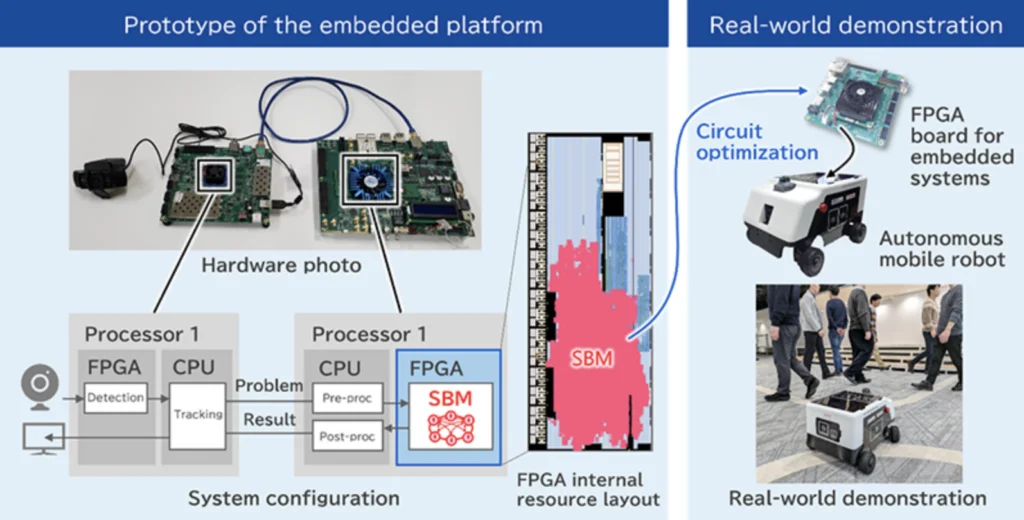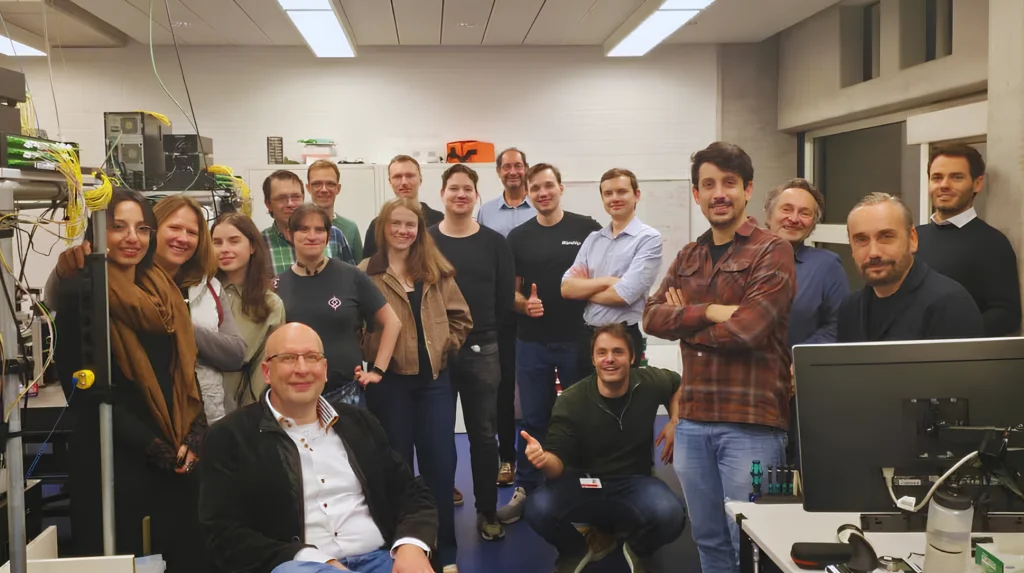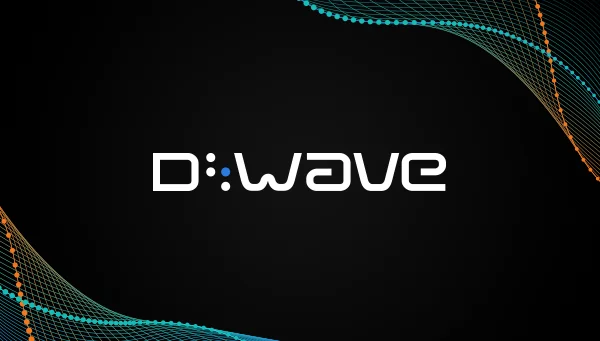Insider Brief
- GS Group is integrating AI and exploring quantum computing to modernize its operations and improve business efficiency.
- Executives reviewed AI applications in energy affiliates, including GS Power’s data platform and GS E&R’s wind power forecasting system.
- The company invited SDT’s CEO to discuss quantum computing’s potential, with executives agreeing on its transformative impact across GS Group’s industries.
GS Group is pushing to integrate artificial intelligence (AI) and quantum computing into its operations as part of a broader strategy to modernize its businesses, the Korea Times reports.
The South Korean conglomerate, the country’s ninth-largest business group, held a high-level strategy meeting last week at its Seoul headquarters. Chairman Huh Tae-soo and around 80 top executives, including affiliate CEOs, discussed how emerging technologies could reshape their industries.
The meeting, the first major executive gathering since the start of the year, underscored GS Group’s commitment to AI and digital transformation.

“Although we do not develop products like AI chips, we will become the winner, if we create new values through well-management of our data and use of AI technology for business transformation,” Huh said, according to Korea Times.
Executives reviewed AI applications in their businesses and explored the potential of quantum computing, a technology that uses the principles of quantum mechanics to process information at speeds beyond the capabilities of traditional computers.
The conglomerate invited Yune Ji-won, CEO of quantum computing startup SDT, to provide insights on its commercial potential. SDT completed a KRW 20 billion ($14.1 million) pre-IPO investment round in December 2024, building on a previous KRW 10 billion ($7 million) investment led by Shinhan Venture Investment and contributions from multiple new investors like DS Asset Management and IBK Investment & Securities.
GS Holdings’ Potential Quantum Connection
Originally part of LG Group, GS Holdings was established in 2004 and officially separated in 2005. GS Group comprises GS Holdings and its subsidiaries across energy, retail, and construction. As of 2019, the conglomerate reported assets totaling 65.4 trillion KRW.
The group’s major subsidiaries include GS Caltex, GS Retail, GS EPS, GS Global, and GS Engineering & Construction, spanning sectors such as energy, retail, and infrastructure. It also owns GS Sports, which operates professional teams including FC Seoul and GS Caltex Seoul KIXX.
With this broad range of businesses, GS Holdings’ firms likely have several use cases particularly suited to quantum computing’s computational power.
Quantum is a Game Changer
“Our executives agreed that quantum computing’s commercialization will become a game changer, which will bring industry-wide innovation,” a GS Group official said, as reported in the newspaper. “As our group engages in oil refining, petrochemicals, power generation and construction, the executives also agreed to the necessity of a ‘quantum transformation.'”
Two of the group’s energy affiliates—GS Power and GS E&R—outlined their use of AI. GS Power presented a data platform that consolidates information from its power plants, allowing for improved machine learning applications.
“GS Power established a platform that shows data from power plants under its supervision, raising prospects for utilizing the data it collects to be used in machine learning,” a GS Group official said in Korea Times.
GS E&R showcased a system designed to improve wind power forecasting. By analyzing wind speed, temperature, atmospheric pressure, and the terrain of mountainous regions, the system enhances energy output predictions.
“GS E&R developed its own system that predicts the size of wind power generation more accurately through the analysis of the characteristics of mountainous areas and various meteorological parameters, such as wind speed, temperature and atmospheric pressure,” the official added.















